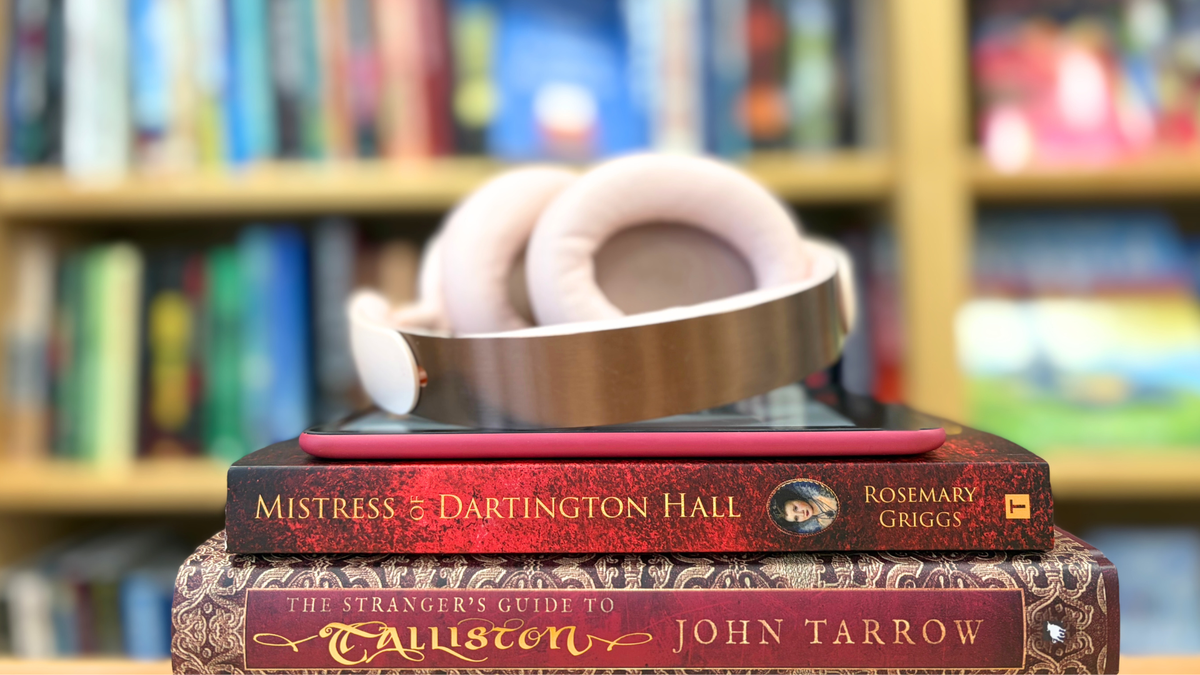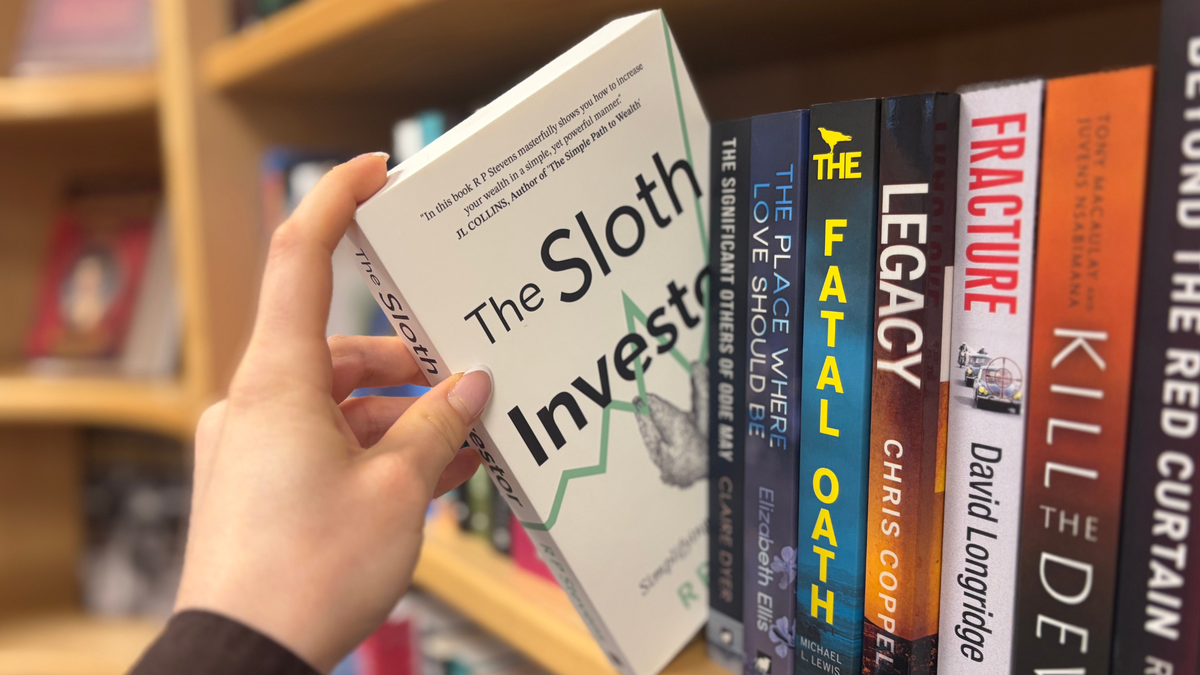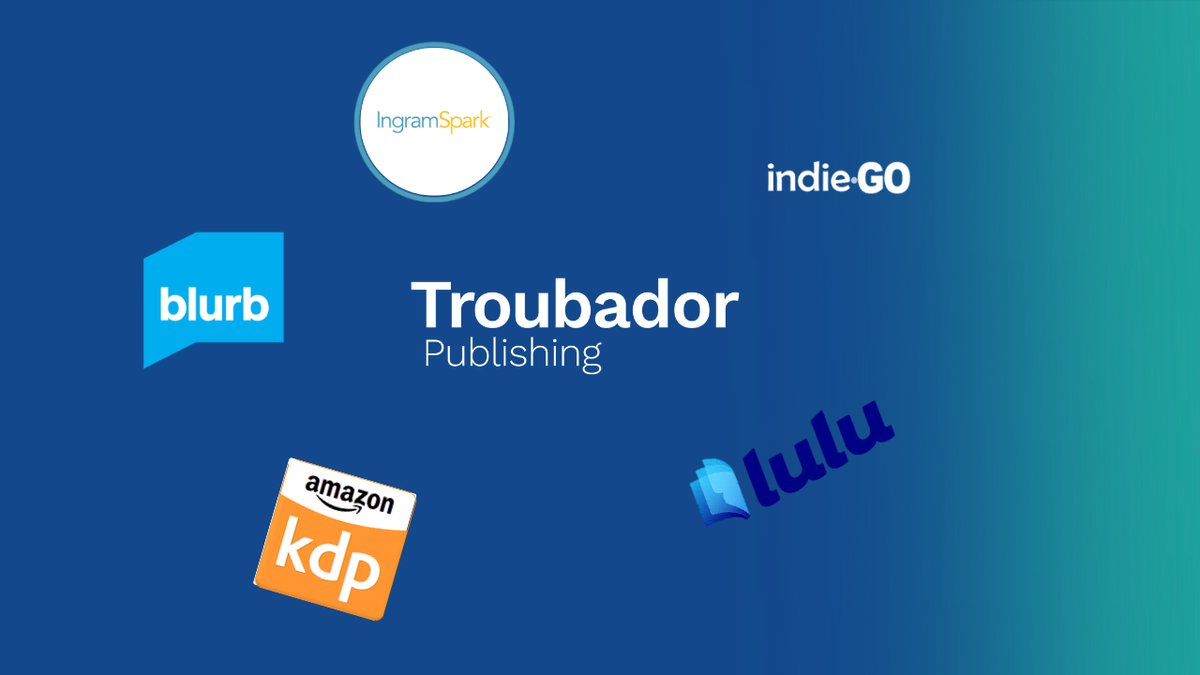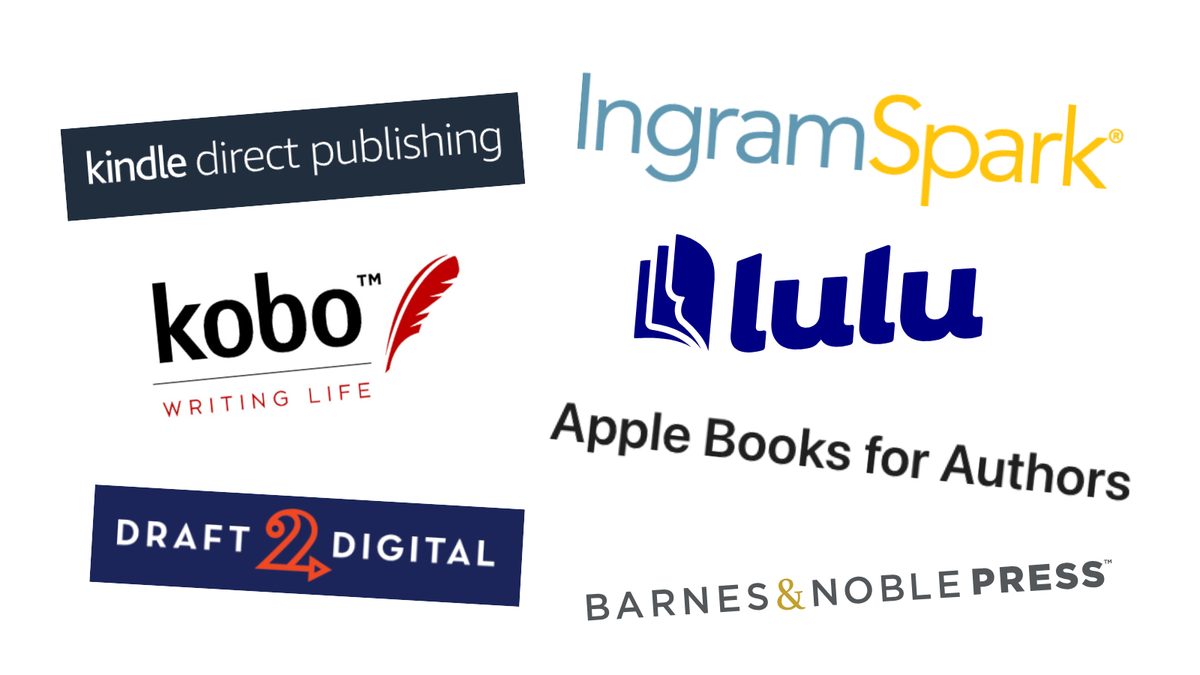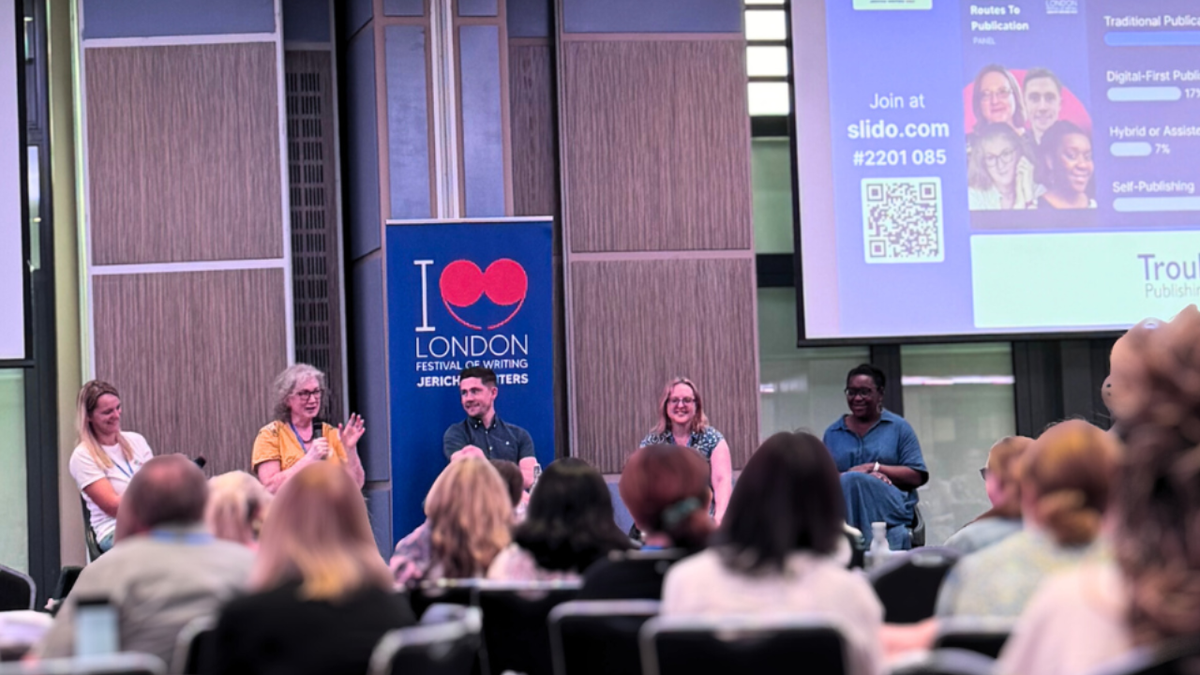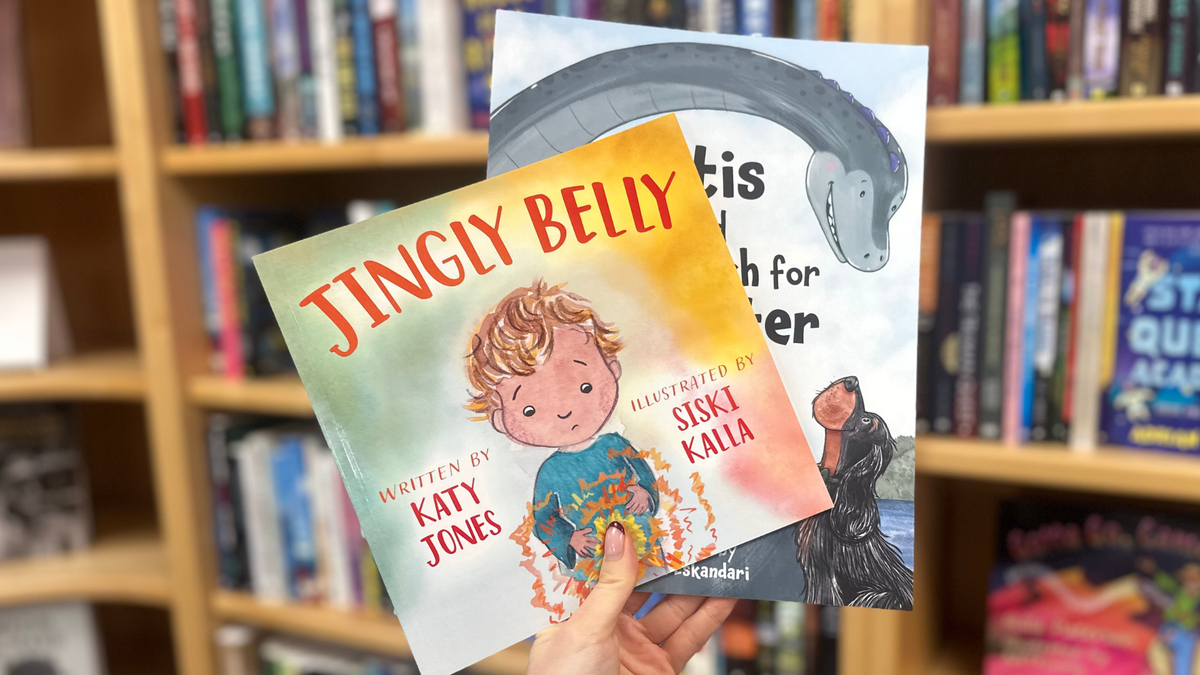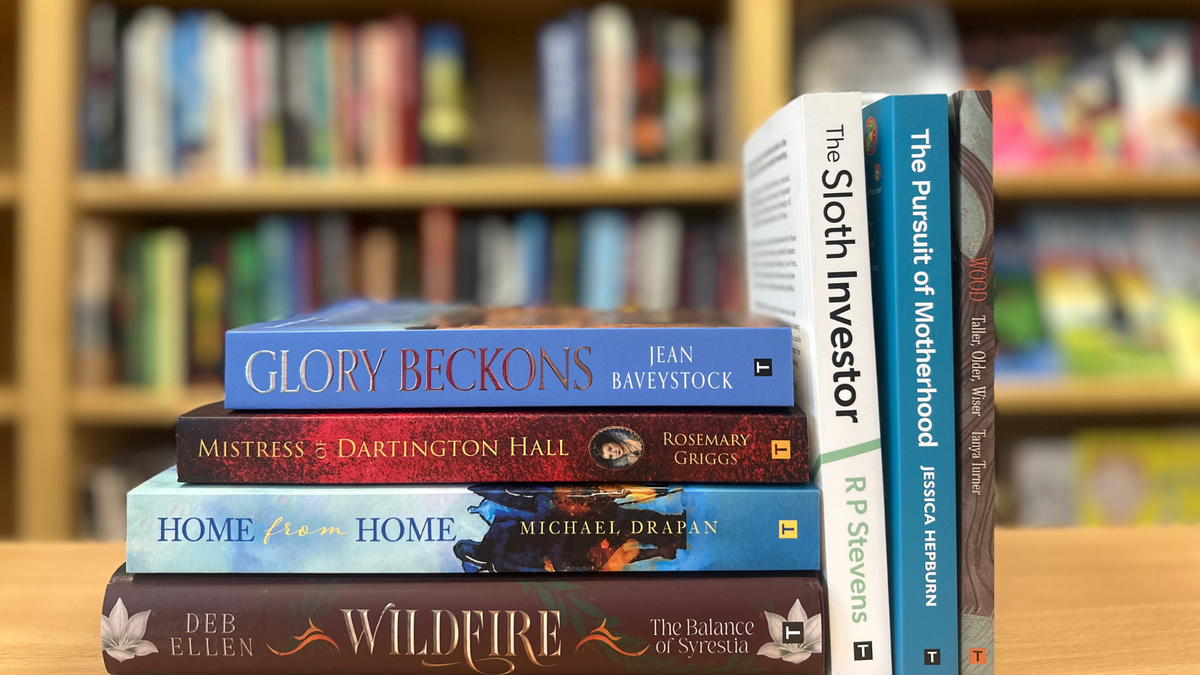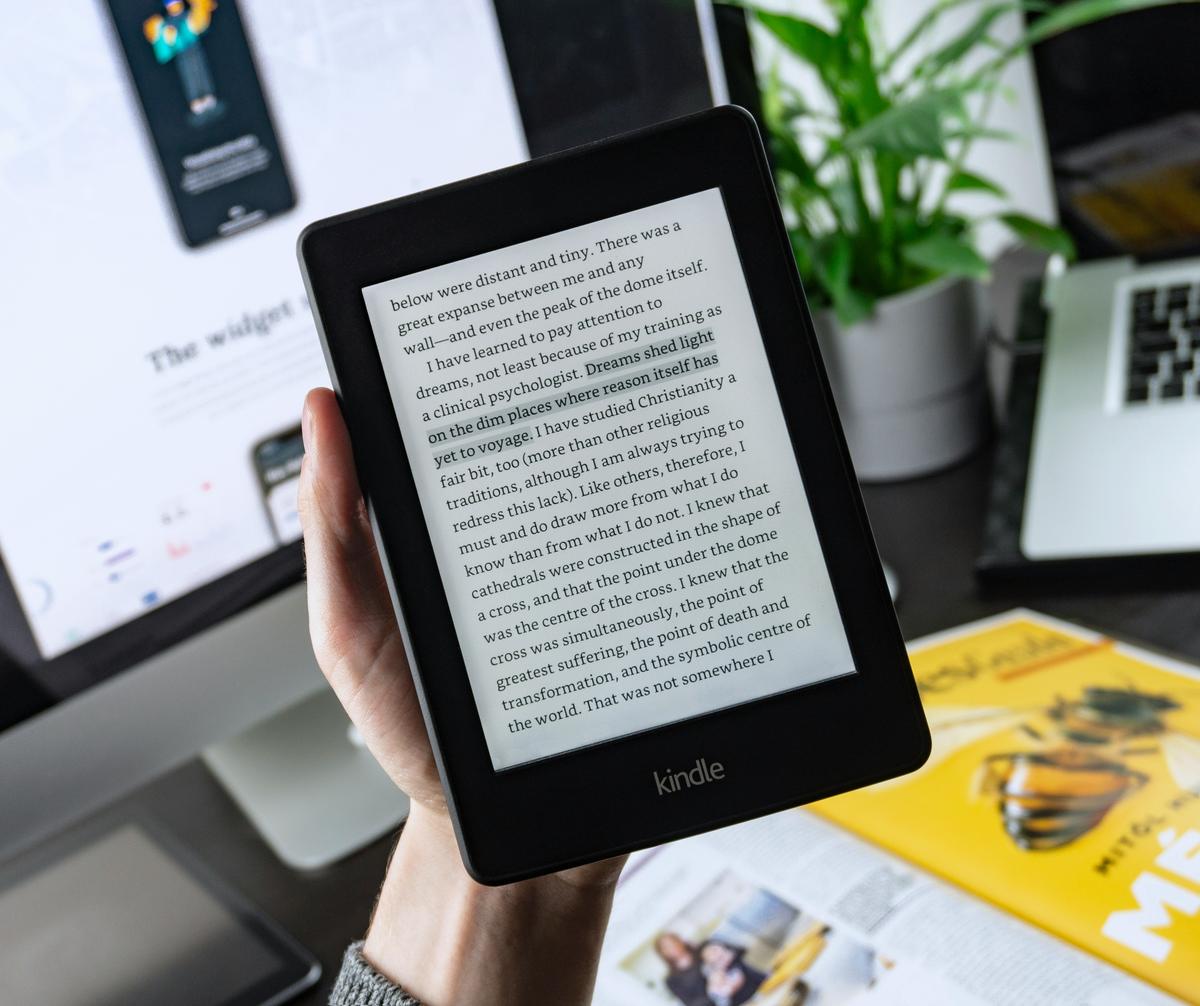
12th July, 2023
5 min read
Learn how to create a book by embracing self-publishing
Written by:
Jane Rowland
From artistic control and decision-making to building direct connections with readers, self-publishing offers a wealth of opportunities to create a book that reflects your vision and resonates with your audience. Learn about the benefits of self-publishing, including the freedom to experiment with different formats and styles, and the joy of being actively involved in every step of the publishing journey.
Create a book: Exploring writing and publishing
Writing is an act of creativity and expression. Fiction and poetry allow us to express ourselves using words, and non-fiction allows us to explore and share our interests and knowledge. However, publishing – specifically through the self-publishing route – is equally a creative act. Creating a book is much more than just writing. Creating a book also means being involved in design, format, and the decisions on how a book will look and feel, as well as being creative with the marketing and sales processes. Self-publishing provides authors with the freedom and opportunities to explore their creativity. There are many ways to publish – from DIY 'free' options to high-quality, full-service publishing that mirrors the traditional publishing models – meaning there is a route to publishing for everyone. In this blog, we explore how self-publishing can enhance your creative processes and enable you to create a book that truly reflects your vision.
Control when creating a book
A significant advantage of self-publishing is the creative control it offers. Traditional publishing houses will take on books based on market trends and commercial decisions, and their editorial and marketing departments will impose changes to the book based on those concerns. For authors who are exploring and experimenting with their books and writing, these considerations can sometimes stifle originality and stop books from being published. By self-publishing, authors are free to embrace their creative instincts. For many authors we work with here at Troubador, creative control is very important – whereas, in mainstream publishing, final decisions on creating a book lie outside of the author's remit, and self-publishing puts you in the creative driving seat. However, even within self-publishing, you can decide how much creative control you want. If you opt for Print on Demand, online or ebook-only publishing options using services such as Ingram Spark and KDP, you have full control of every aspect of the process – so all the creative actions (the design, layout, creating cover artwork, uploading correctly formatted files, etc.) is your responsibility. For many authors, however, the prospect of tackling all the processes involved in publishing a book is daunting, and with the DIY approach, you are very much on your own. If you prefer a more collaborative approach, with an end product indistinguishable from a book you'll find in a high street retailer, then you might prefer to work with a company such as Troubador and benefit from the publishing experience of editorial, production and marketing teams who work with you individually for the best publishing and creative results. In either case, you have the final say on every aspect of your book – from writing and editorial decisions to how the book looks and feels. This freedom allows you to create a book that is true to your vision, but which will also appeal to the readership you have identified.
Direct Connection with readers. Get creative in building an audience
For authors who view the entire publishing process – not just the writing – as an important way to create a book, then self-publishing encourages you to form connections and links with your readers and potential readers. By understanding your audience's expectations and desires, you can tailor your writing for future books. And importantly, all the data and knowledge about that fan base you've curated is at your fingertips. This is your audience, that you can engage with, not one that belongs to the publisher. A self-publishing author's best friend for growing their audience is social media (pick the right platform for you, the one where the majority of readers of your book will hang out and post regularly), author websites (make sure you get an editable and flexible website, that you can update easily – our sister company is worth looking at, and engage with online communities (blogs, blog tours or Goodreads which is really important for readers. By understanding your audience's expectations and desires, you can tailor your writing to better resonate with them, creating a deeper bond and enhancing the overall reading experience. Direct sales to readers at events are also the most profitable way for self-publishing authors to make sales of their books – you retain all the income from direct sales you make, and there are no trade discounts to factor in.
Multi-format – create a book in more than one format
In traditional publishing, the publisher buys the rights to publish a book and they might buy (or not) rights relating to different formats (printed, digital, audio) and different geographical territories. In self-publishing you (should – but check your contract carefully) retain all the rights to your own work, which means you can choose to publish in whatever formats you wish, how, and when, rather than this being dedicated elsewhere. This allows you to experiment with different mediums and styles. From ebooks and audiobooks to print-on-demand paperbacks, we find that the more options for purchasing your book a reader has, the more you can sell. By owning all the rights to your own content, you have more control when you create a book in whatever format. You can read more about the benefits of multi-format publishing here.
Experience and learn: Why self-publishing should be fun
Some of the best author feedback we have is around how much our authors have enjoyed working with the team here at Troubador to bring their books to life. They enjoy feeling supported – but also learning about publishing and the publishing processes and being heavily involved in the process of creating their book. Enjoyment and fulfilment of a hobby or dream are important rewards for the time and effort spent on creating a book. Self-publishing empowers authors to harness their creativity and take charge of their writing. And the creative process extends beyond simply writing a book, encompassing the important decisions about the design, feel and marketing of the work as well. With self-publishing, there are numerous possibilities to enable you to create a book you can be proud of.



